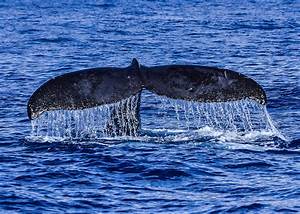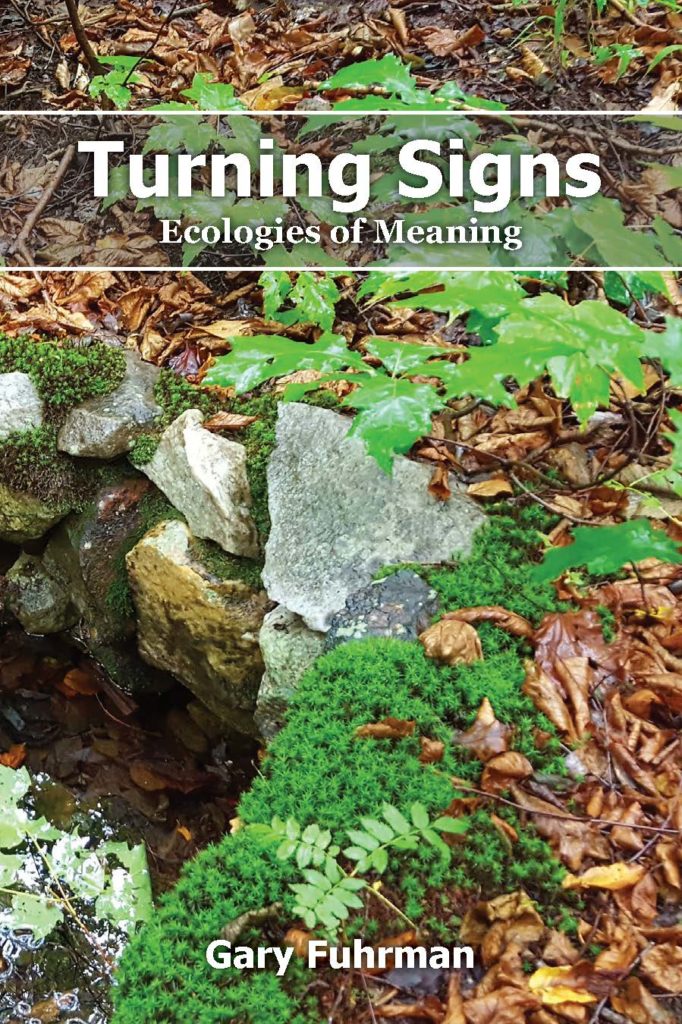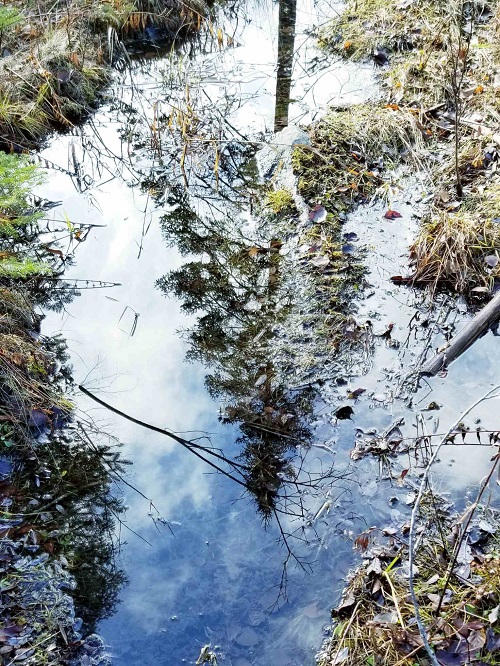The reading situation is always changing. In the 21st Century, changes in media (such as the ascendancy of the internet) have deeply affected our modes of reading. Here’s a short list of the main modes:
- Searching – looking for something very specific in a text or a network of potential information – has been vastly speeded up and extended by access to search engines, as compared to the searching one can do in printed texts.
- Browsing – meandering casually from text to text (site to site, page to page) on the chance of finding something interesting – is almost the opposite of searching, but has also been facilitated by the internet. It’s no accident that the software used for reading webpages is called a “browser”; it’s optimized for dealing with the miscellaneous. But if you have actually read this far into this page, you’ve entered a different reading mode, either skimming or scanning.
- Skimming is the speed-reading mode you use for a newspaper or novel or “social media” page, when you just want to get the gist of the information or story without getting deeply involved in the text or expecting every word to be carefully chosen.
- Scanning is a much more intense and concentrated mode in which you study the text closely without skipping over any of the details. However, even scanning does not necessarily involve the kind of deep immersion in a text that i call
- Whole-body reading or the experiencing of a turning sign. In order to do that, you have to focus on the dynamic object of the sign through the text, to fully inhabit that universe of discourse.
Using the internet for this last and deepest kind of reading is certainly possible, but the practice seems to get swept aside by the habits of skimming and browsing encouraged by this medium. When we do get immersed in an e-text, it’s often something we found by searching, or something we’ve been directed to by some algorithm based on some database of our browsing habits, and this makes it all too likely that it will confirm our prejudices (the “blinkers of habit”) instead of challenging them. This will discourage critical thinking – which is an important part of experiential or deep reading – unless we make a conscious effort to choose with care what we read and how we read it.
The explosion of claims on our attention, and the resulting frustration, was noted even back in the 20th Century by Stanislaw Lem, in his 1985 review of a 1988 book (published on the moon) called One Human Minute:
Because advertising, with monstrous effectiveness, attributes perfection to everything—and so to books, to every book—a person is beguiled by twenty thousand Miss Universes at once and, unable to decide, lingers unfulfilled in amorous readiness like a sheep in a stupor. So it is with everything. Cable television, broadcasting forty programs at once, produces in the viewer the feeling that, since there are so many, others must be better than the one he has on, so he jumps from program to program like a flea on a hot stove, proof that technological progress produces new heights of frustration.… There had to be a book, then, about what Everybody Else was doing, so that we would be tormented no longer by the doubt that we were reading nonsense while the Important Things were taking place Elsewhere.
That book is imaginary, but in Lem’s review of it, ‘the microscopic capacity of human consciousness is revealed’ (p. 7) to every deep reader who acknowledges his own limitations.
But deep reading also requires ‘the spirit of freedom,’ as Virginia Woolf observed in a Common Reader piece called “How Should One Read a Book?”:
To admit authorities, however heavily furred and gowned, into our libraries and let them tell us how to read, what to read, what value to place upon what we read, is to destroy the spirit of freedom which is the breath of those sanctuaries. Everywhere else we may be bound by laws and conventions – there we have none.
But to enjoy freedom, if the platitude is pardonable, we have of course to control ourselves. We must not squander our powers, helplessly and ignorantly, squirting half the house in order to water a single rose-bush; we must train them, exactly and powerfully, here on the very spot.
Ideally, reading (including viewing, hearing and touching) ought to be a balancing loop in the guidance system – a way of trying out a less familiar perspective on the world, to find out whether it might make a difference to working or playing with it from then on.


